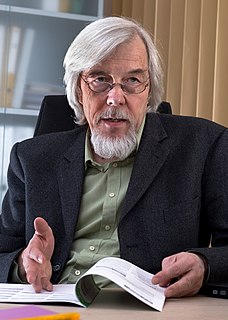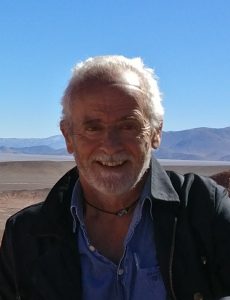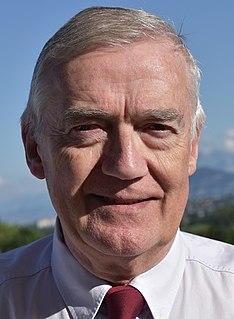A Quote by Katie Hafner
The story of the Web starts in 1980, when Berners-Lee, a young consulting physicist at the CERN physics laboratory near Geneva, grew frustrated with existing methods for finding and transferring information.
Quote Topics
Related Quotes
Tim Berners-Lee, the 44-year-old English physicist who created the World Wide Web, is precisely the kind of hero that a relatively simple invention with profound social and economic consequences should lay claim to. He is not just creative but democratic, diplomatic, polite and generous with credit and praise.
Geneva has a long history of hosting international organizations, which is part of the reason why CERN is here. CERN has signed agreements with the ITU, WIPO and the WMO. At first sight, there may not seem to be much common ground between CERN and, say, the World Meteorological Organization, but scratch the surface, and you'll soon find a common thread. All of these organizations have a vocation to stimulate technological innovation, and together we're stronger.
I'm not a politician, and I do not think I am as effective in this way as people who actually prepare for it - is to focus on technical reform, because I speak the language of technology. I spoke with Tim Berners-Lee, the guy who invented the World Wide Web. We agree on the necessity for this generation to create what he calls the Magna Carta for the Internet. We want to say what "digital rights" should be. What values should we be protecting, and how do we assert them.
I crave and seek a natural explanation of all phenomena upon this earth, but the word 'natural' to me implies more than mere chemistry and physics. The birth of a baby and the blooming of a flower are natural events, but the laboratory methods forever fail to give us the key to the secret of either.































